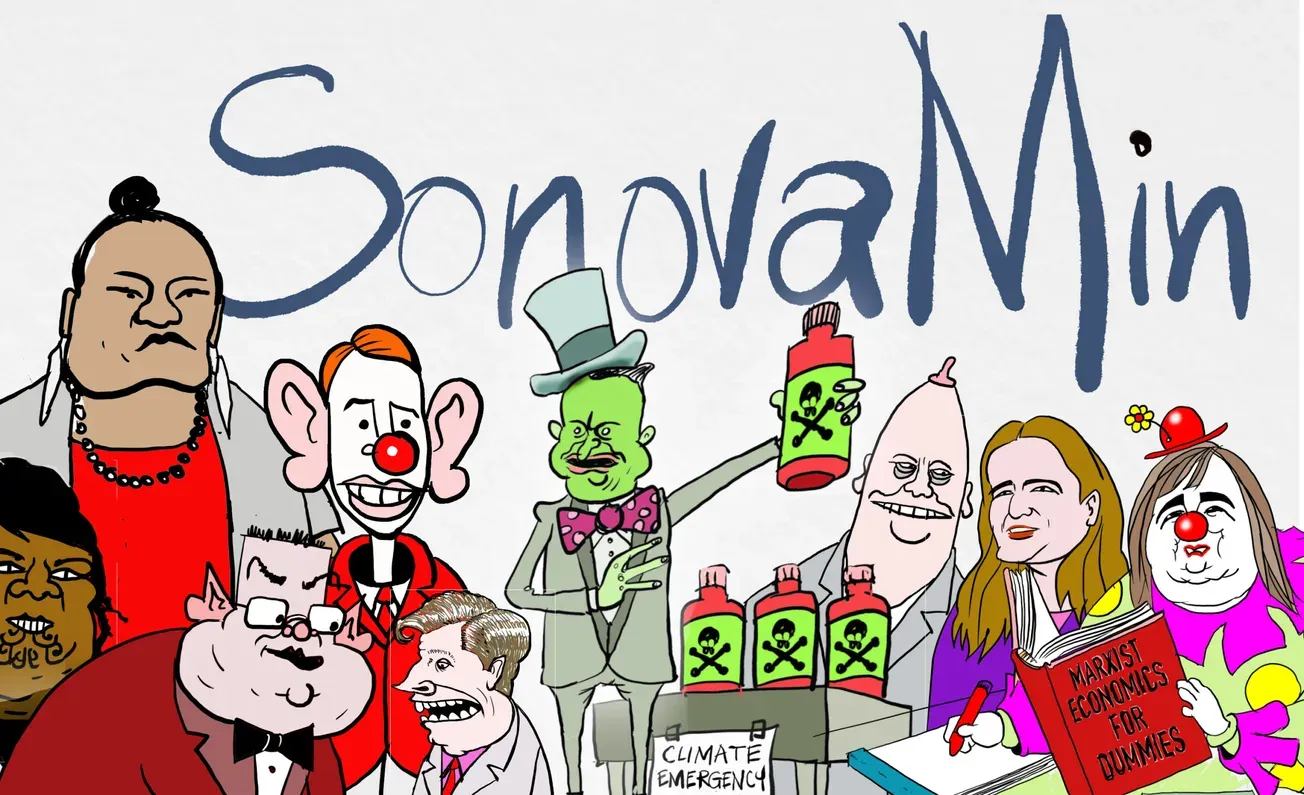Table of Contents
The US Supreme Court heard a historic case (United States vs Skrmetti) on December 4 about a Tennessee law protecting minors from experimental and damaging “transgender” medical interventions – drugs, hormones and surgery.
Here’s a brief summary of the historic court case:
Issue: Whether Tennessee Senate Bill 1, which prohibits all medical treatments intended to allow “a minor to identify with, or live as, a purported identity inconsistent with the minor’s sex” or to treat “purported discomfort or distress from a discordance between the minor’s sex and asserted identity,” violates the equal protection clause of the 14th Amendment.
Tennessee’s measure prohibits medical procedures “enabling a minor to identify with, or live as, a purported identity inconsistent with the minor’s sex.” The interventions would still be available to a child with a real medical issue such as precocious puberty, when sexual development begins at a very young age.
The case gained national attention, as the outcome could affect 23 states that have shielded children from these destructive procedures, along with 17 lawsuits fighting these protections. The day before the case was presented, people camped outside the Supreme Court to get seats. Groups supporting and opposing the law held separate rallies outside the court before oral arguments took place.
The ACLU and other LGBT activist groups filed a lawsuit against SB 1 on behalf of minors with sexual identity confusion and their parents. The Biden administration’s Department of Justice also sued to block the law, and the court combined the suits into one case.
The main question before the Court was whether or not the law is constitutional. Proponents of transgender medical interventions arguing that SB 1 discriminated on the basis of sex, violating the Equal Protection Clause of the Fourteenth Amendment of the Constitution.
During almost two-and-a-half hours of debate on Wednesday, nearly all of the court’s conservative majority expressed skepticism about a challenge to Tennessee’s ban on puberty blockers and hormone therapy for transgender teenagers. Three transgender teens, their families, and a Memphis physician, along with the Biden administration, contend that the law violates the Constitution’s guarantee of equal protection and should be examined with the higher degree of legal scrutiny required in such cases. Justices also asked questions about the effectiveness of transgender medical procedures, whether transgenderism is immutable, and whether the state has an interest in helping children “appreciate their sex.”
But Tennessee counters that it is simply exercising its power to regulate the practice of medicine for all youth and is not distinguishing based on a patient’s sex.
As the evidence continues to demonstrate the harms of puberty blockers – it’s clear that giving children puberty blockers, hormones and surgeries for the purpose of identifying as the opposite sex is dangerous experimentation. The state of Tennessee wants to help children live in reality and appreciate their birth sex – a much more compassionate approach.
We’re praying common sense and compassion rule the day at the Supreme Court as the justices make their decision.
For reactions on the court case check out the original article.
This article was originally published by Family First New Zealand.








